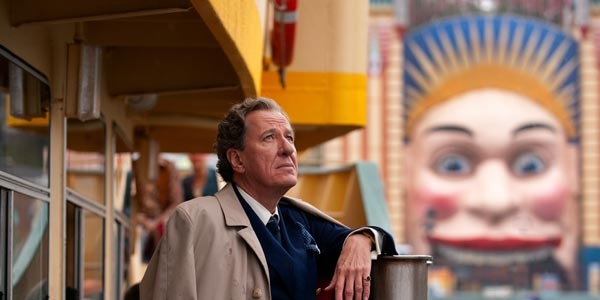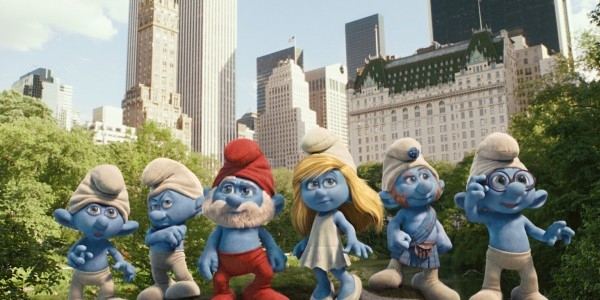Elizabeth Hunter (Charlotte Rampling, in fine form) is the imperious, demanding and ailing matriarch of a dysfunctional Sydney family. Her two children (Geoffrey Rush and Judy Davis) fled as far away from home as soon as they were able, and have rarely bothered to come home. When Elizabeth is dying her two children return home, not to cheer her up and comfort her but rather to pick over their inheritance.
Basil Hunter (Rush) is the bombastic, narcissistic actor who has carved out a career for himself on the English stage. However, following disastrous reviews for his recent production of King Lear, Basil seems to have fallen on hard times. He also has an eye for the ladies, and seduces Elizabeth’s nurse Flora (played by the director’s daughter Alexandra Schepisi.) Dorothy de Lascabanes (Davis) married into a wealthy European family, but has since divorced her husband. While retaining her title as Princess, Dorothy also seems to have fallen on hard times.
Painful secrets are revealed. Their avaricious behaviour is observed by Elizabeth’s loyal house servants, which include the nurse (Maria Theodorakis), and the German housekeeper Lotte (Helen Morse), a Holocaust survivor who sings and dances for the stricken Elizabeth with numbers reminiscent of Cabaret. And also quietly observing from the sidelines is the family’s faithful and long serving lawyer (John Gaden), who looks after Elizabeth’s interests.
The Eye Of The Storm is a delicious black comedy about complex family relationships and the fine line between love and hate. The Eye Of The Storm is the only the second film adaptation of one of White’s novels, after Jim Sharman’s forgettable 1979 adaptation of The Night, The Prowler. Like that film, this one shares a number of similar themes and it also deals with the darker side of family relations and urban life. White is a Nobel prize-winning author and his novels are usually quite densely structured, lyrical and full of internal journeys that do not easily translate to the screen. Judy Morris’s clever, wonderfully nuanced and literate script does White’s dense prose justice and illustrates the film’s themes of life, death, lust, privilege, avarice and pain. There is some great dialogue, plenty of arch humour and biting social observations in the vein of an Australian Upstairs, Downstairs.
There is something old fashioned about Schepisi’s handling of the material, and this is easily his best film for quite some time. There are solid performances from the great cast of Australian actors (including Colin Friels, Morse and Robyn Nevin) who flesh out even the smaller roles.
Rampling is excellent as the self-centred Elizabeth and manages to silently convey her disappointment at her two children. Davis brings a fine, brittle quality to her role as the repressed Dorothy, and there is even a physical similarity between her and Rampling that makes their relationship even more convincing. Rush as usual is excellent as the narcissistic but shallow and deeply flawed Basil.

